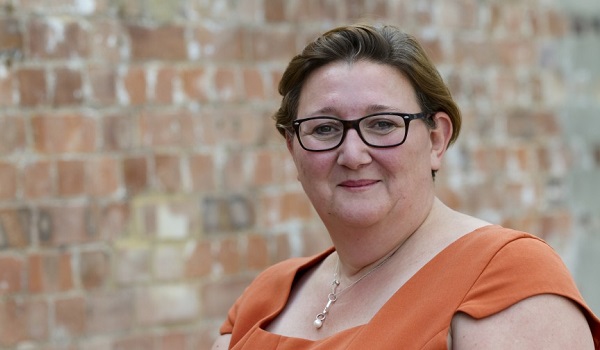APCC puts race disparity in focus
The Association of Police and Crime Commissioners (APCC) has published a new report on ‘race disparity’ in response to “a renewed spotlight on issues of racism and disproportionality in policing and criminal justice”.
The report, ‘Race Disparity in Focus’, highlights how police and crime commissioners (PCCs) are tackling concerns raised by black, Asian and minority ethnic groups (BAME) in their areas.
The APCC said that although progress has been made, more needs to be done and race disparity “will only foster public mistrust of the police and the justice system”.
Minister of State for Crime and Policing Kit Malthouse said while the police service now has the highest number of officers from BAME backgrounds in history – “we cannot be complacent”.
The report features the work of 20 cross-party PCCs from across England and Wales and highlights initiatives such as:
- Positive action to improve workforce representation and diversity in police officer recruitment;
- Tackling disproportionality in the experience of BAME individuals in police custody;
- Examining the fairness of fixed penalty notices (FPNs) for those who break the coronavirus rules;
- Establishing independent community scrutiny panels to review stop and search activity;
- Working with partners to stamp out hate crime and support victims of racial and religious hate crime; and
- Providing support for victims of harmful practices, such as forced marriage, female genital mutilation and honour-based abuse.
Joint chairs of the APCC Working Group on Race Disparity, Julia Mulligan and Paddy Tipping, said: “Following the death of George Floyd in America and the subsequent resurgence in the Black Lives Matter movement, there is, justifiably, a renewed spotlight on issues of racism and disproportionality in policing and criminal justice.
“Police forces must continue to strive to reflect the wider community they serve and treat everyone with respect.
“While progress has been made, more needs to be done. Race disparity will only foster public mistrust of the police and the justice system, and consequently hinder the police’s ability to promote public safety and policing by consent.
“We know that many communities are also particularly concerned about disproportionality in the application of stop and search and more recently in the issuing of FPNs for breaking Covid-19 rules.
“While we acknowledge that race disparity is symptomatic of wider problems in society, we believe there are concrete actions that PCCs can take to help reduce disparity in policing and criminal justice.”
Ms Mulligan, the police, fire and crime commissioner for North Yorkshire, and Nottinghamshire PCC Mr Tipping, the APCC chair, added: “We are determined to act: so, the APCC has established a Race Disparity Working Group, bringing key APCC portfolios together to develop our response to issues and concerns in relation to race disparity and disproportionality within policing and the wider criminal justice system.
“The ‘Race Disparity in Focus’ report complements the work of the APCC Race Disparity Working Group, and provides examples from 20 cross-party PCCs on what they are doing locally to tackle race disparities faced by BAME groups in their areas.”
Mr Malthouse said: “For both the Home Secretary and I, our ambition to change the face of policing knows no bounds. We remain committed to working with essential partners, such as the Race Disparity Working Group and others, to ensure progress is accelerated.
“The police workforce now has the highest number of officers from BAME backgrounds in this country’s policing history, but there is still more to be done – we cannot be complacent.
“We will continue to work closely with PCCs to ensure the police workforce better reflects the diverse communities it serves and protects, and it is extremely encouraging to see the efforts that are being made across the board.”
Derbyshire PCC Hardyal Dhindsa, the APCC lead for equality, diversity and human rights, said: “As the only elected PCC from a BAME group, I really welcome this report, which demonstrates the proactive work PCCs are doing to try and address race disparity in their communities.
“PCCs are directly elected to represent their local communities and hold their chief constables to account and are therefore best placed to ensure that representation within policing is fair and equitable and that the application of police powers is proportionate.
“They are committed to ensuring that the principle of ‘The Police are the Public and the Public are the Police’ is worked towards and achieved, and that we deliver against the important commitments set out in the National Police Chiefs’ Council’s Equality, Diversity and Inclusion Strategy.”







